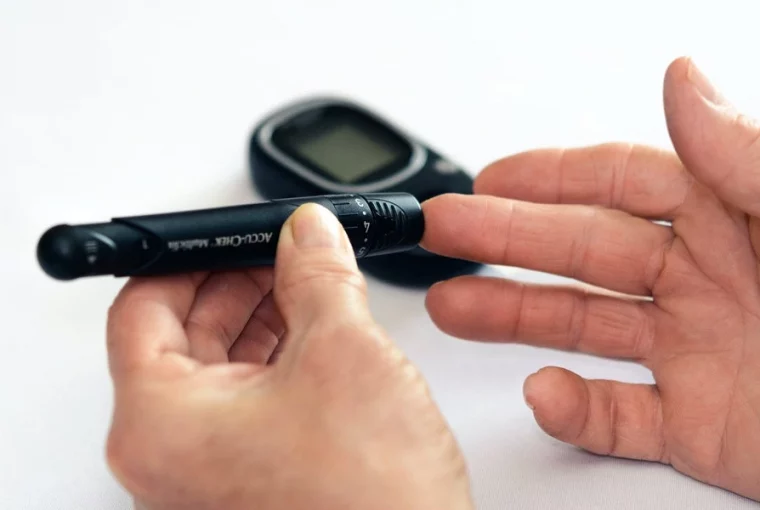High blood sugar or diabetes can contribute to a host of life-threatening problems. When your blood sugar goes too high, it signals the pancreas to release insulin to process the sugar. If your body can’t make enough insulin, the sugar stays in the bloodstream. Over time, this will contribute to heart disease, kidney disease, and eye problems. Here’s a list of tips to help you increase awareness and better manage your blood sugar.
Eat More Greens
Salads get a bad rap, but altering the toppings or greens can make them more palatable. Instead of iceberg lettuce, choose spinach, chard, or kale instead. These varieties of leafy greens also provide more vitamins, minerals, and antioxidants.
Increase Whole Grains
Whole grains like lentils, beans, peas, oats, quinoa, and brown rice are better options because they keep you full longer and contain fiber.
Add Supplements
Certain herbs can help lower blood sugar and add antioxidants that help protect against high blood sugar. These supplements help by managing your blood sugar by moving sugar into muscles rather than fat. Sugar can be burned as energy and not stored.
Lean Protein Foods
Unlike carbohydrates, protein keeps the body satiated longer so you can cut out in-between-meal snacking. Some great options for protein include lean cuts of chicken or turkey, eggs, cottage cheese, and Greek yogurt.
Avoid Sugar Laden Drinks
Men should consume no more than 37.5 grams of sugar per day. Women should consume no more than 25 grams. Beverages like sodas, teas, and energy drinks contain an average of 39 grams of sugar. Consuming one 12-ounce can of soda provides 80 percent of the total daily allowance of sugar. This amount of sugar is equivalent to the daily recommended sugar intake for an adult male in one drink.
Cut Out White Bread, Rice And Pasta
These foods have a high glycemic index which means these foods contain high amounts of carbohydrates and raise blood sugar quickly. Switch to wheat versions as a healthier option.
Avoid Pre-Sweetened Foods
The grocery store is full of processed foods. Breakfast cereals, fruit yogurts, coffee drinks, and sweet tea contain more sugar than the body can process.
Natural Sweeteners Can Be A Problem, Too
If you have high blood sugar, even natural sweeteners are not optimal to sweeten food. Agave nectar, honey, or maple syrup have high amounts of sugar. A better idea would be something like Stevia instead.
No Fruit Juices
Although orange juice can have added calcium and vitamin C, it is also full of sugar. One glass of OJ in the morning can pack more than 20 grams of sugar.
Include Low Sugar Fruit
Fruit doesn’t have to be a no-no if you’re watching your sugar intake. Many low-sugar options such as berries, kiwi, grapefruit, watermelon, cantaloupe, and peaches are all great even when watching your sugar intake.
When To See A Doctor
Implementing the above steps will help keep you out of the doctor’s office. But, if you have any of these symptoms: extreme cravings for high carb and high sugar foods, mood swings, belly fat, headaches, inability to lose weight, irritability, sleeplessness, brain fog, hormone imbalances, excessive urination, acne, vision problems, chronic yeast infections, fruity-smelling breath, or energy crashes especially right after eating, you should call a doctor.




